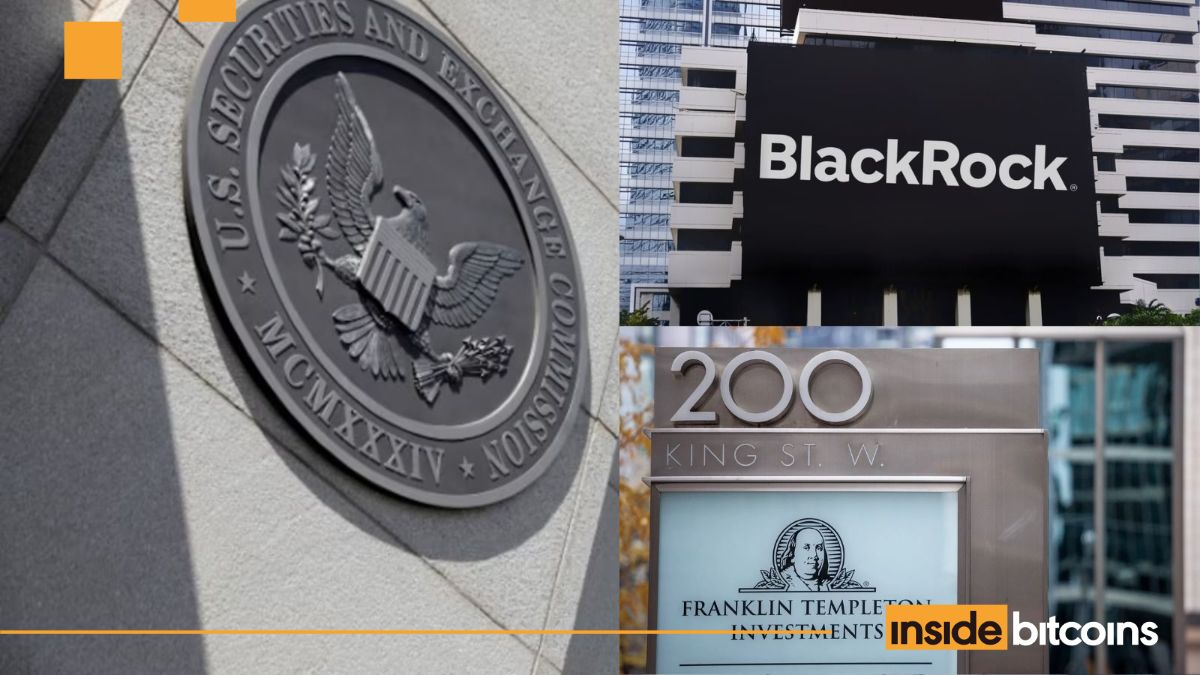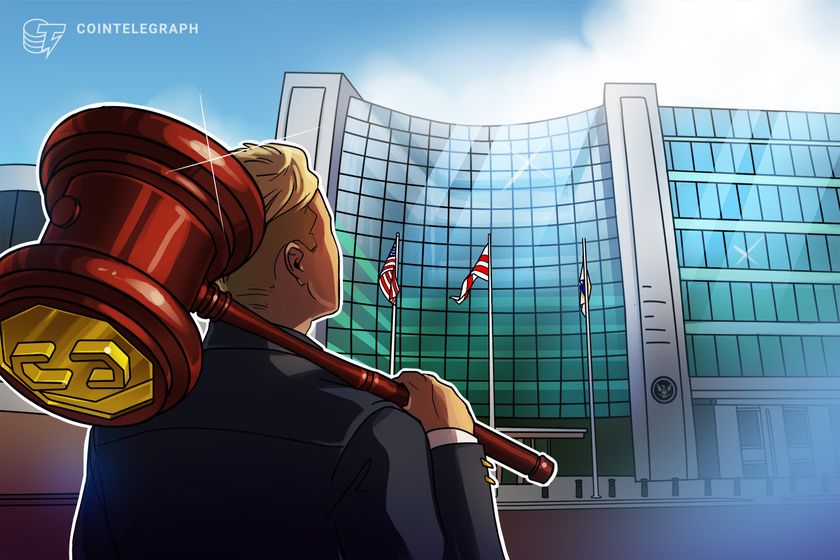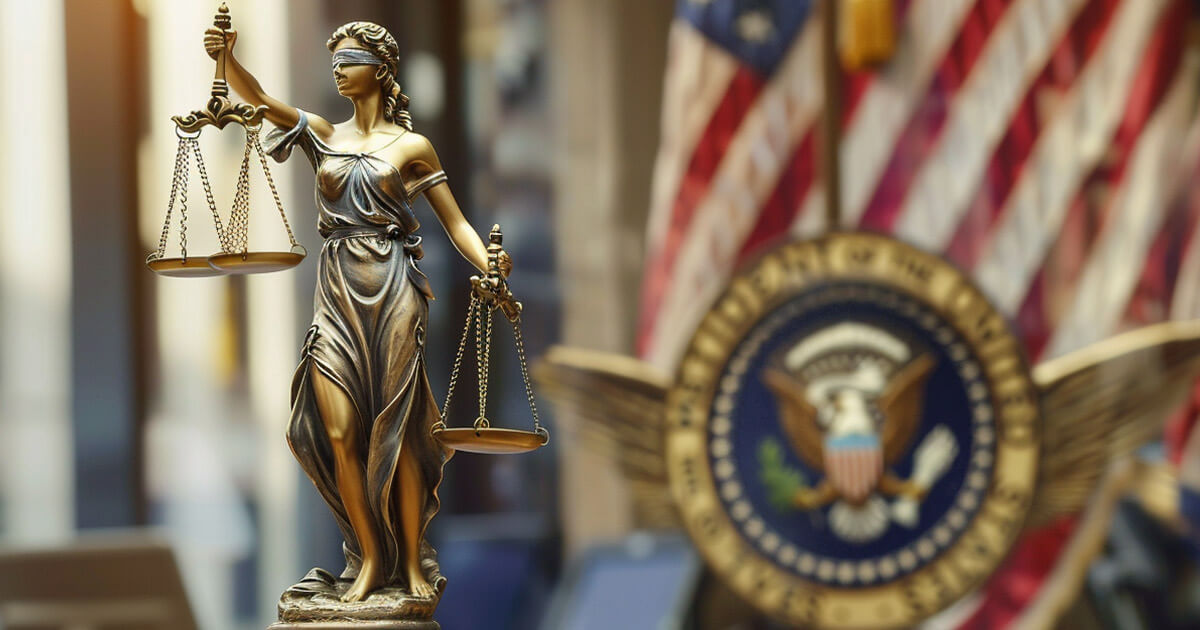2023-6-15 23:52 |
Court transcripts from SEC v. Binance Holdings, Inc, et. al. have begun to appear, revealing that arguments central to the crypto space are now being actively discussed in U.S. courts.
U.S. District Judge Amy Berman Jackson presides over the case between Binance, the world’s largest cryptocurrency exchange, and the U.S. Securities and Exchange Commission (SEC), which is suing the exchange for extensive securities fraud violation.
The SEC accused Binance and its founder, Changpeng Zhao, of “weaving an extensive web of deception” through alleged market manipulation and deceit of regulators, shareholders, and customers.
Yesterday’s hearing revolved around the SEC seeking a temporary asset freeze and the repatriation of billions of dollars, asserting that investor funds are at risk.
SEC fields court’s questionsJudge Jackson is known for her meticulous handling of high-profile public corruption cases in recent years, including the prosecutions of long-time Donald Trump advisors Paul Manafort and Roger Stone.
Her questioning of both sides in the Binance case suggested skepticism towards each party’s arguments. She questioned the SEC’s approach of using an enforcement action instead of a rule-making process to set a national policy for regulating crypto assets.
In response, the SEC insisted on the validity of its approach, citing longstanding rules and the need to act when laws are violated. “Because this is the law, Your Honor,” replied Matthew Scarlato, counsel for the SEC, pointing to the existing Howey Test used to determine what constitutes a security.
In particular, Judge Jackson pushed against the SEC’s distinction between “crypto assets” and “crypto asset securities,” the latter of which the SEC contends meets the conditions outlined in the Howey Test. However, when pressed to answer whether that would make simple “crypto assets” commodities, the plaintiff demurred, saying, “We are not taking a position at this time.”
Binance under fireJudge Jackson also pushed back against Binance’s defense, which alluded to a lack of regulatory clarity in the crypto industry. She questioned the relevance of this argument in a court of law, emphasizing that such matters might be more suited for Congress than the judiciary.
Moreover, she expressed concern over the alleged offshore transfers and the complex ownership structure of the entities that own BAM Trading, the U.S. affiliate of Binance:
“The government at this point has said they haven’t seen the evidence of offshore transfers from BAM Trading itself. But we do have considerable evidence of offshore transfers and we do have the problem of the individual defendants’ ownership of the entities that own BAM Management, which is the parent of BAM Trading. So there’s a lot of layers going on here and a lot of onion that needs to be peeled to figure out who is doing what.”
Significantly, Judge Jackson summarily dismissed the argument that Binance could have been caught off guard, pointing not only to the Wells Notice the exchange received but to CEO Changpeng Zhao’s public comments themselves.
“Some of your claims claim to be shocked that the SEC thinks you’re dealing in securities and took this step. And some of the surprise expressed in the pleadings rang a little hollow in light of defendant Zhao’s statements over the years, the fact that the SEC banned Binance from doing business in the United States in 2019.”
The Judge concluded her point by telling the defense, “You can quibble with the strength of the evidence… I probably don’t need a lot of hyperbole about how shocking this is, and I probably don’t need to hear the word ‘draconian’ anymore.”
As the crypto industry continues to mature, the results of this watershed case will be closely watched by industry players, regulators, and investors worldwide.
The post SEC, Binance face tough questions from judge in landmark crypto case appeared first on CryptoSlate.
origin »Bitcoin price in Telegram @btc_price_every_hour
Binance Coin (BNB) на Currencies.ru
|
|
















